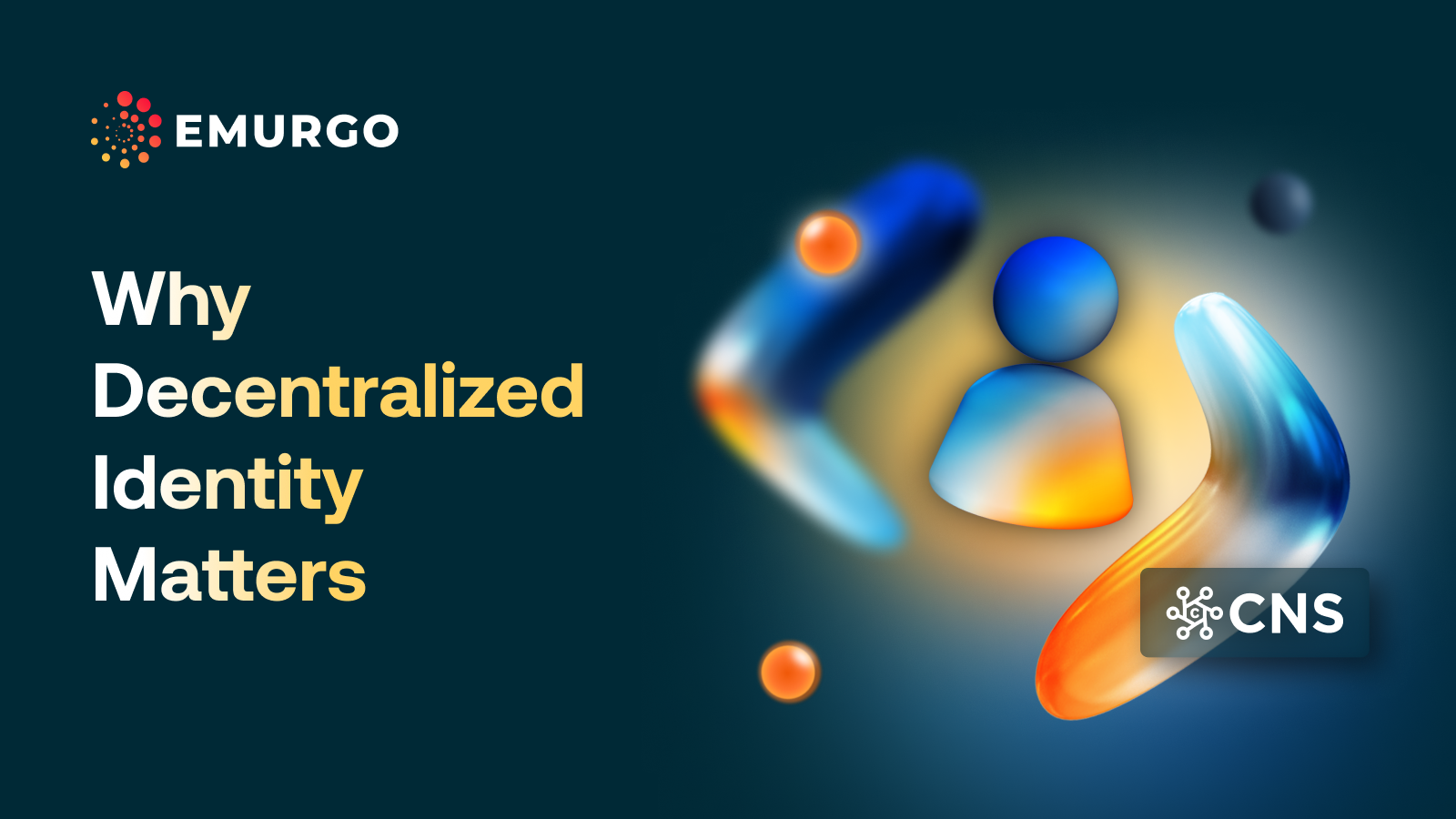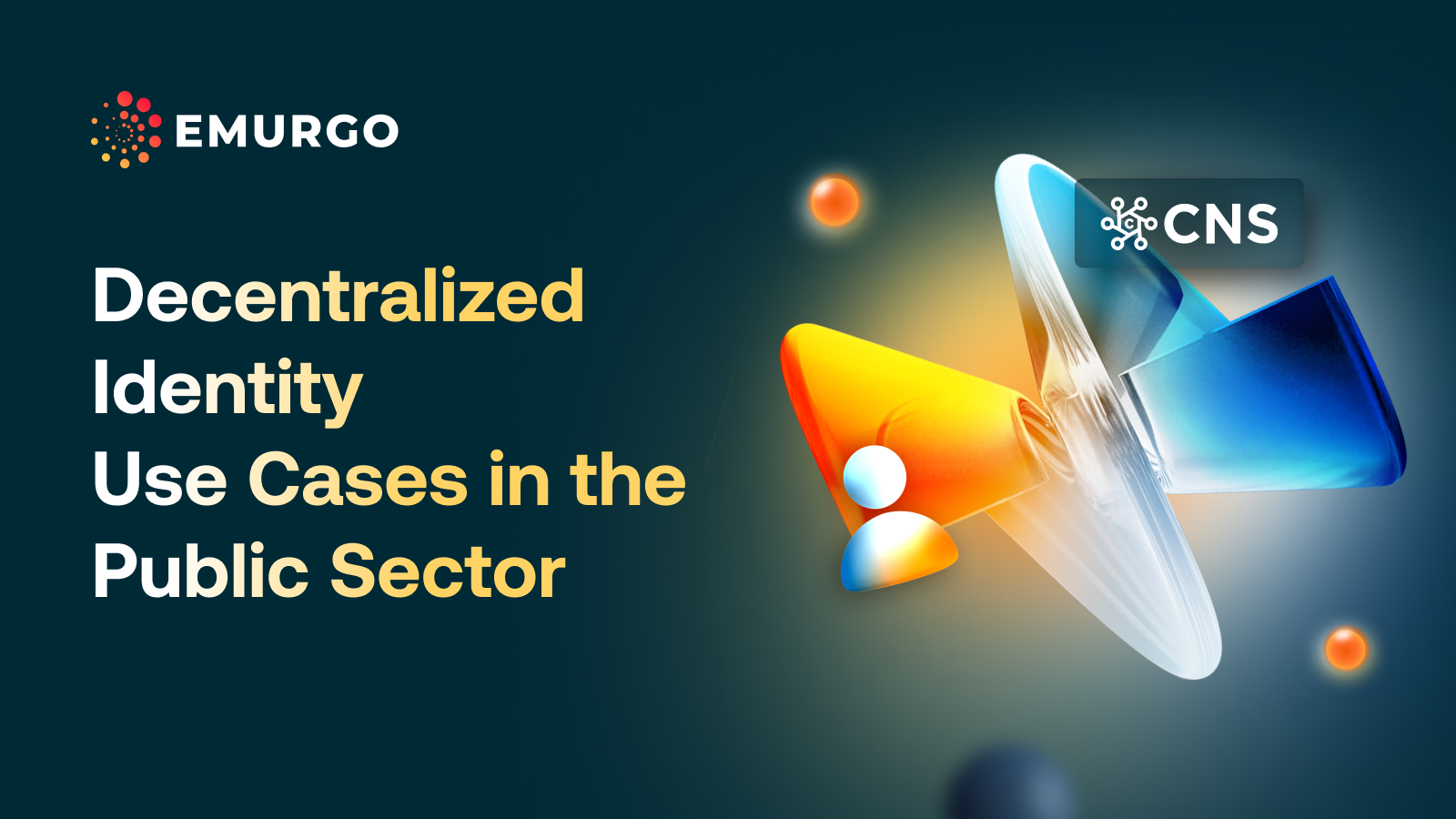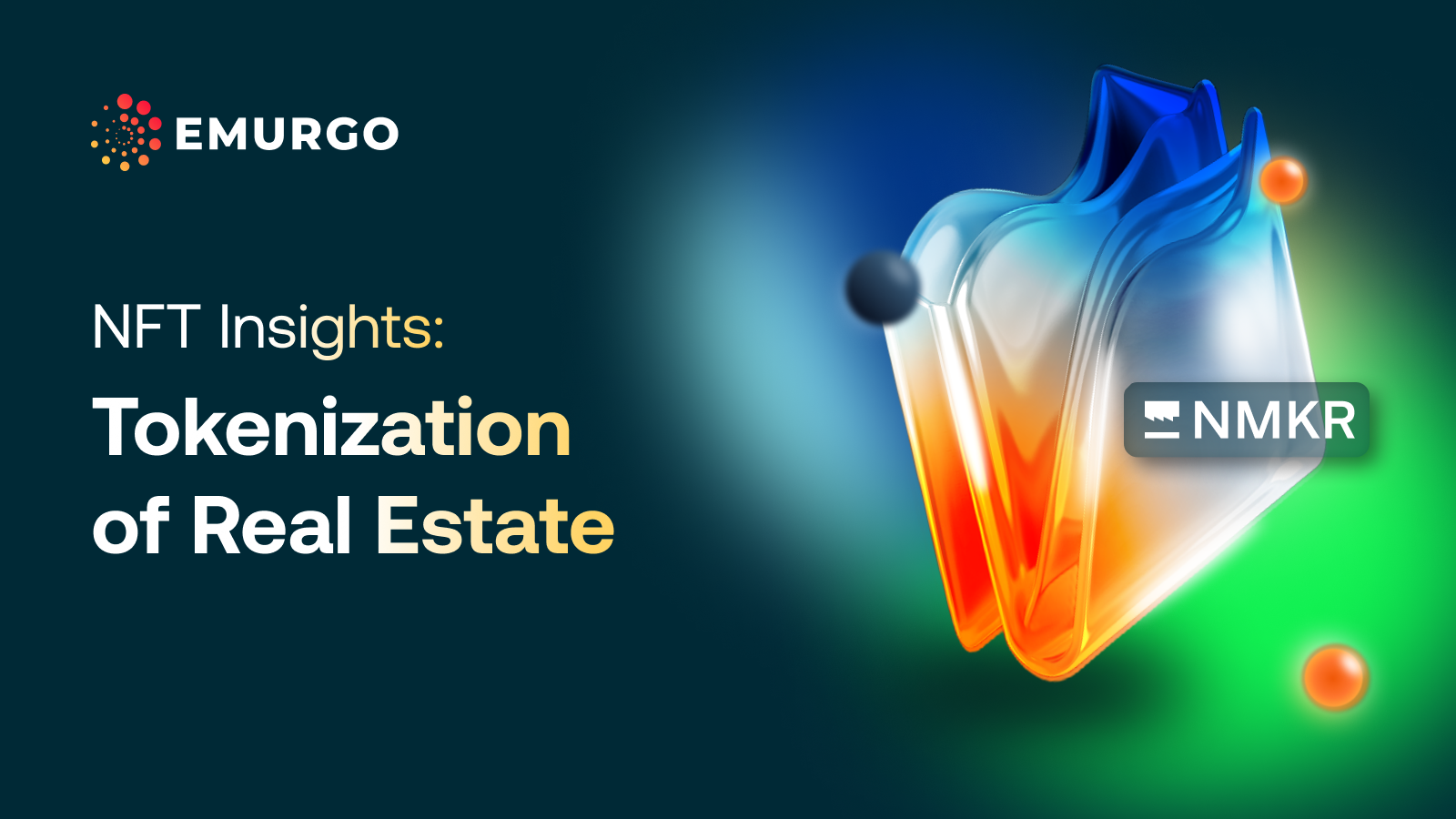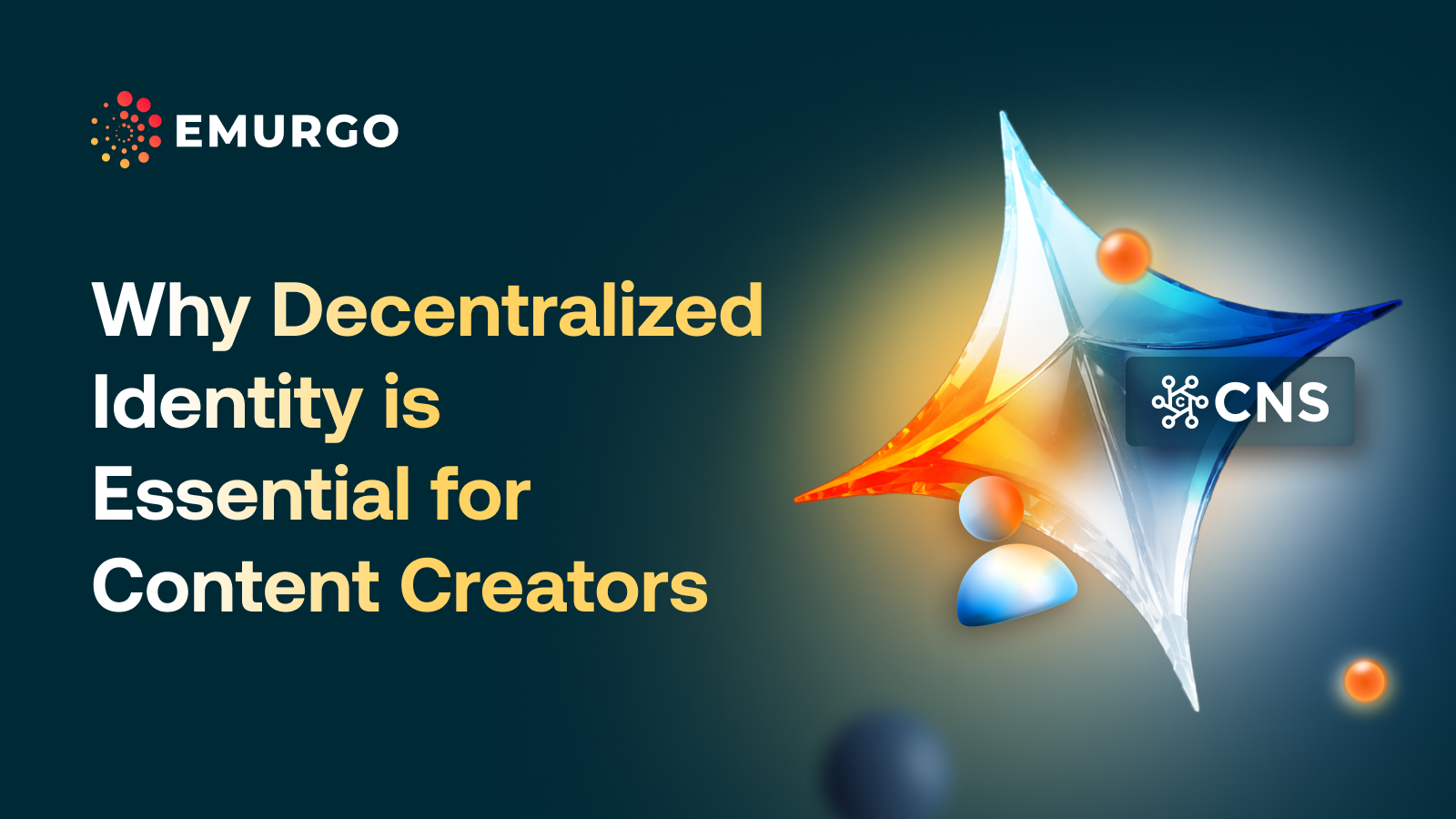As we continue to explore the idea of personal identity in the context of decentralized blockchains and Web3, we naturally arrive at the concept of decentralized identity and its unique advantages. As humans who are part of the bureaucracy of a particular nation-state, personal identity is a basic fundamental necessity to receive essential public benefits and other services.
Personal identity is central to the workings of nearly every public and private organization including government agencies, private companies, educational institutions, etc. Most, if not all, have barriers that provide access to services for persons only after their identities have been verified.
This is why changing how one’s identity operates and is managed is a fundamental step toward transforming other industries that are built on top of it. In this blog, we will discuss the reasons behind this and the importance of decentralized identity for both individuals and organizations that engage in user identity verification.
Identity is central to the working of a society and organization. Personal identities provide a way to individualize and manage people so they can claim ownership over certain services, goods, and rights.
For most humans, personal identity normally consists of basic pieces of data including first and last name, date of birth, nationality, and some form of a national identifier such as a passport number, national ID, driving license, etc. These types of personal data are recorded by governmental agencies and are stored in centralized databases controlled by a national bureaucracy.
In most cases, one’s identity is assigned by a government in the form of physical papers or certificates issued by an agency. This modality has created many challenges and it’s estimated that around 1.1 billion people in the world don’t have any form of official identity due to several reasons that may be out of their control.
This leaves a substantial proportion of the world cut out from many of the basic services and opportunities afforded to people such as access to healthcare and education. The impossibility of claiming an identity acts as a barrier for people to participate as citizens or residents of a country and renders them economically vulnerable.
Even for people fortunate to have a registered personal identity, this existing way of organizing identity creates many problems. First, one’s identity is fractionalized among different centralized institutions such as tax agencies, educational institutions, medical providers, etc. This means that the security and management of a person’s identity depends on centralized institutions and becomes a potential security risk for identity theft, human error, or even complete deletion by bad actors. At its fundamental level, identity issued by a government is completely outside the control of an individual leaving them at the mercy of these centralized institutions.
The same goes for private companies and institutions that offer a variety of products and services. To access their products and services, one must usually provide some sort of verified identification to set up the infrastructure to do this (i.e. sign up for a bank account and credit card, sign up for a website, etc.) This information is then managed and controlled by the private entity.
Through the advent of decentralized blockchain technology such as Cardano, decentralized personal identity is now an emerging concept that gives people control over their identities. The blockchain acts as a decentralized archive that tracks changes to the information contained in its network which is secured and managed by a permissionless group of computer nodes. The network holds the encrypted data of the person in a decentralized manner to enhance security.
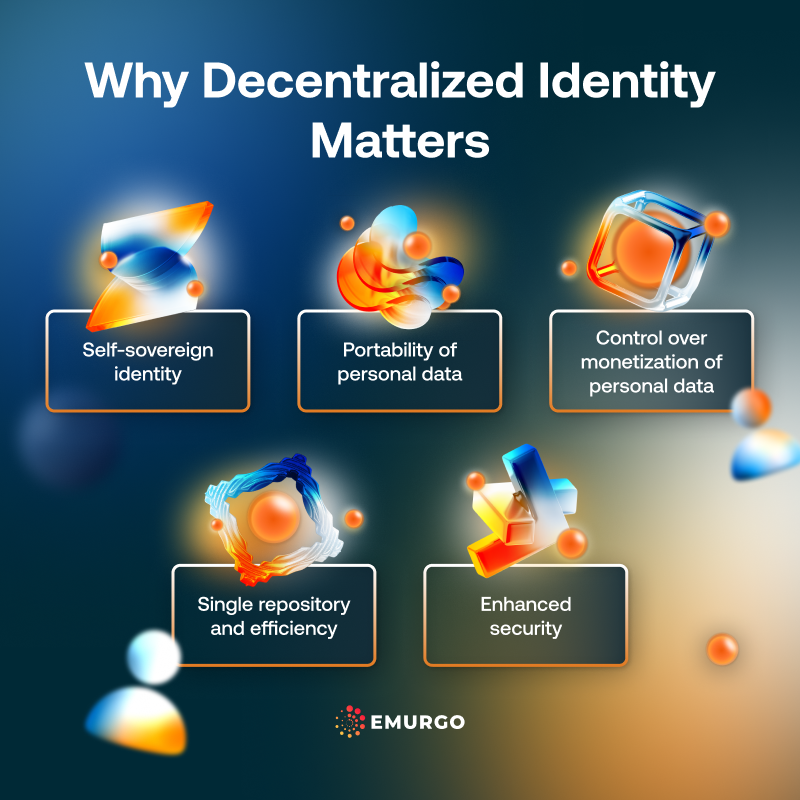
Next, an identity crypto wallet is used to create authorization tokens or NFTs with important information included in the metadata. These tokens manage access to personal data when a service or third party needs some information from the person. For example, if the person is applying for an education program, the university would request the person for a certificate showing an undergrad diploma.
The person can then create an authorization token in their wallet where they can provide access to the requested information by the university. Under this design, control of the identity is always in the hands of the individual and not a centralized entity.
Some unique advantages of decentralized identity are:
- Self-sovereign identity
First, this allows a person to have complete control over their identity. Not only the storage of their identity data but also control over what parties can access their information.
- Portability
Another advantage is the portability of identity. The information is stored in a decentralized database so it’s accessible from anywhere in the world on multiple devices that have an internet connection. Instead of having to carry around a physical passport, university degree, driver’s license, etc., everything related to one’s identity is accessible all the time in digital form via one’s crypto wallet. This can be beneficial for nearly anyone, in particular, those affected by nation-state conflicts out of their control.
- Control over monetization of personal data
Decentralized identity allows a person control over what information a third-party private service can access and also share. This makes individuals capable of customizing information collected by internet companies and also opens the gate for the control of monetization when this data is sold.
- Single repository
No longer is identity fragmented among several databases owned by other parties and agencies. Now, personal data can be stored in a single repository which is managed via different access tokens that represent use cases. A separate token can exist for driver information, school records, medical information, etc.
- Enhanced security
By storing and managing data through tokens issued in a decentralized blockchain which itself is managed by a group of nodes, this provides a layer of enhanced security for individuals and organizations that choose to utilize blockchain solutions for identity verification. It can also lower the need for having a third party manage and secure their databases and in turn, reduce costs.
Looking to stay up-to-date on Cardano-related ecosystem news?
Then, follow EMURGO on X to receive weekly ecosystem updates including Cardano blockchain education courses, events and workshops, funding opportunities, and more.
About EMURGO
- Official Homepage: emurgo.io
- X (Global): @EMURGO_io
- YouTube: EMURGO channel
- Facebook: @EMURGO.io
- Instagram: @EMURGO_io
- LinkedIn: @EMURGO_io
Disclaimer
You should not construe any such information or other material as legal, tax, investment, financial, or other advice. Nothing contained herein shall constitute a solicitation, recommendation, endorsement, or offer by EMURGO to invest.
